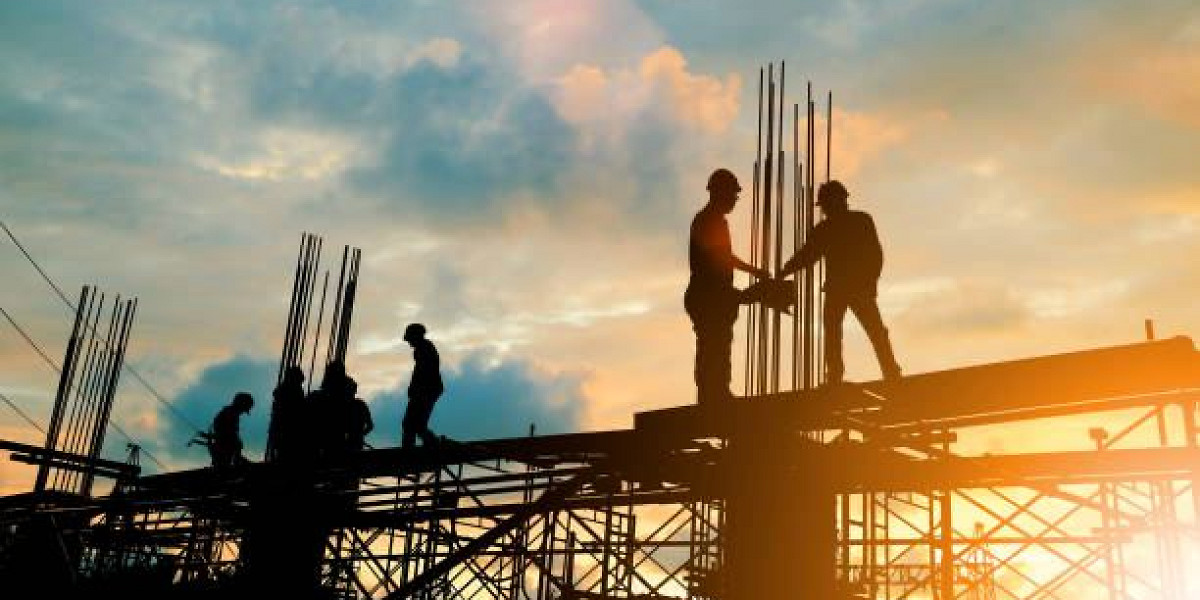In 2024, Barcelona is showcasing several significant trends in construction that reflect global shifts in architecture and urban planning. These trends are shaping the future of the city and its development.
One of the key trends is sustainable construction. Environmental standards are becoming central to construction practices, with the use of eco-friendly materials—such as recycled and local resources—becoming the norm. This not only helps reduce the carbon footprint but also improves the energy efficiency of buildings, which is particularly relevant in the context of global climate change.
Barcelona continues to actively renovate existing buildings. This is driven by the need to preserve historical heritage and the desire to reduce the waste generated by demolishing old structures. Renovating buildings allows the city to retain its unique character while also meeting the growing demand for housing, without disrupting the harmony of the urban environment.
Modular construction, where buildings are assembled from pre-fabricated modules, continues to gain popularity due to its speed and efficiency. This approach helps shorten construction times, reduce costs, and significantly minimize waste at construction sites.
Technology is playing an increasingly important role in construction. The use of drones to monitor construction sites and ensure safety is becoming standard practice, as is the creation of 3D models. These innovations allow for more efficient project management and quicker responses to emerging issues, enhancing overall productivity.
Barcelona is also actively adopting Internet of Things (IoT) technologies, which improve the management of urban resources. Optimizing traffic flow and more efficient use of city infrastructure is made possible through the integration of modern technologies, making the city more convenient and safer for residents.
The trends mentioned above not only address current demands in the real estate market but also highlight Barcelona's ambition to become a more sustainable and technologically advanced city. Adapting to new conditions in construction is essential for all market participants—from investors to developers to end-users. While it remains to be seen how successfully these innovations will be implemented, it is already clear that they are shaping the city's future and attracting people who value innovation and strive to make their lives as comfortable as possible.

